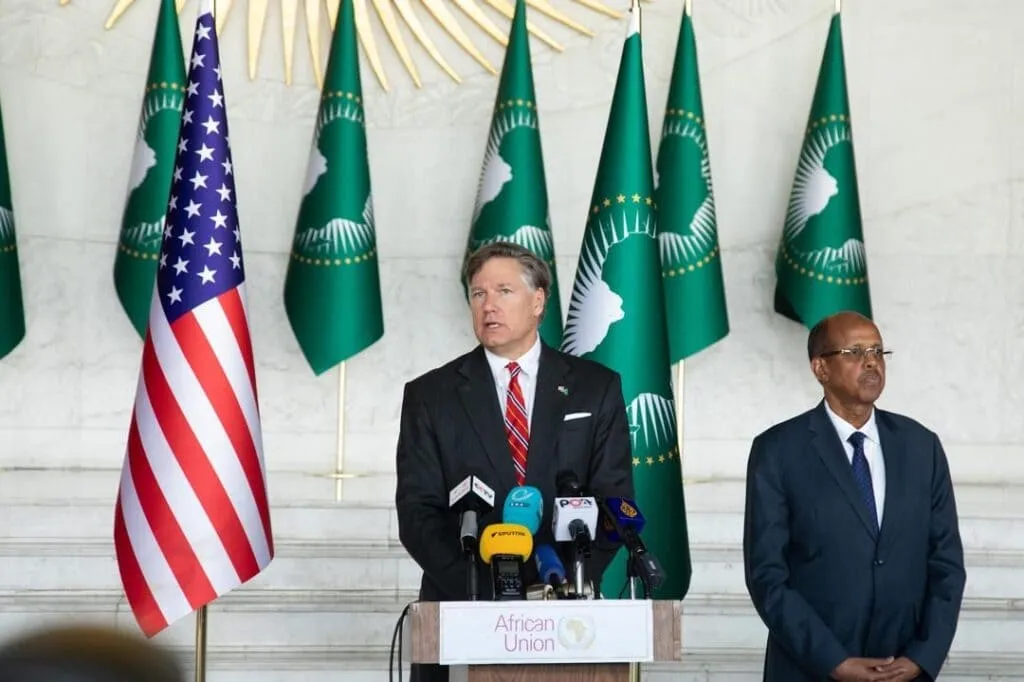In a significant move aimed at promoting regional integration, Ghana has announced visa-free entry for all holders of African passports. The policy, which took effect on January 1, 2025, aligns with efforts to enhance intra-African trade, tourism, and unity.
President Nana Akufo-Addo unveiled the policy during a public address, emphasizing its importance in fostering closer ties among African nations. The visa-free initiative reflects Ghana’s commitment to the African Continental Free Trade Area (AfCFTA), headquartered in Accra, and aims to make travel within the continent seamless for African citizens.
The announcement has been widely lauded as a step toward achieving the vision of a borderless Africa. It also aligns with the African Union’s Agenda 2063, which aspires to improve mobility across the continent.
Experts have noted that this development presents a unique opportunity for countries like Nigeria to leverage improved access to Ghana. Enhanced mobility can facilitate increased bilateral trade and collaboration in key sectors, such as education, culture, and tourism.
Economic analysts have urged other African nations to adopt similar policies to maximize the potential benefits of AfCFTA, which seeks to create a single market for goods and services across the continent.
While the policy is expected to strengthen ties among African countries, some stakeholders have raised concerns about potential challenges. These include ensuring proper border security, managing migration flows, and addressing infrastructure deficits that could arise from increased travel demand.
Ghanaian authorities, however, maintain that measures have been put in place to handle these concerns effectively. Immigration officials have been trained to streamline the entry process for African passport holders, and the government is committed to addressing any logistical hurdles that may emerge.
By opening its borders to African travelers, Ghana positions itself as a leader in regional integration and cooperation. The move is expected to boost tourism and trade within West Africa and beyond, reinforcing the nation’s role in driving the continent’s economic and social development.
Observers believe that this policy could serve as a model for other African nations, encouraging them to adopt similar initiatives that promote unity and economic prosperity.























